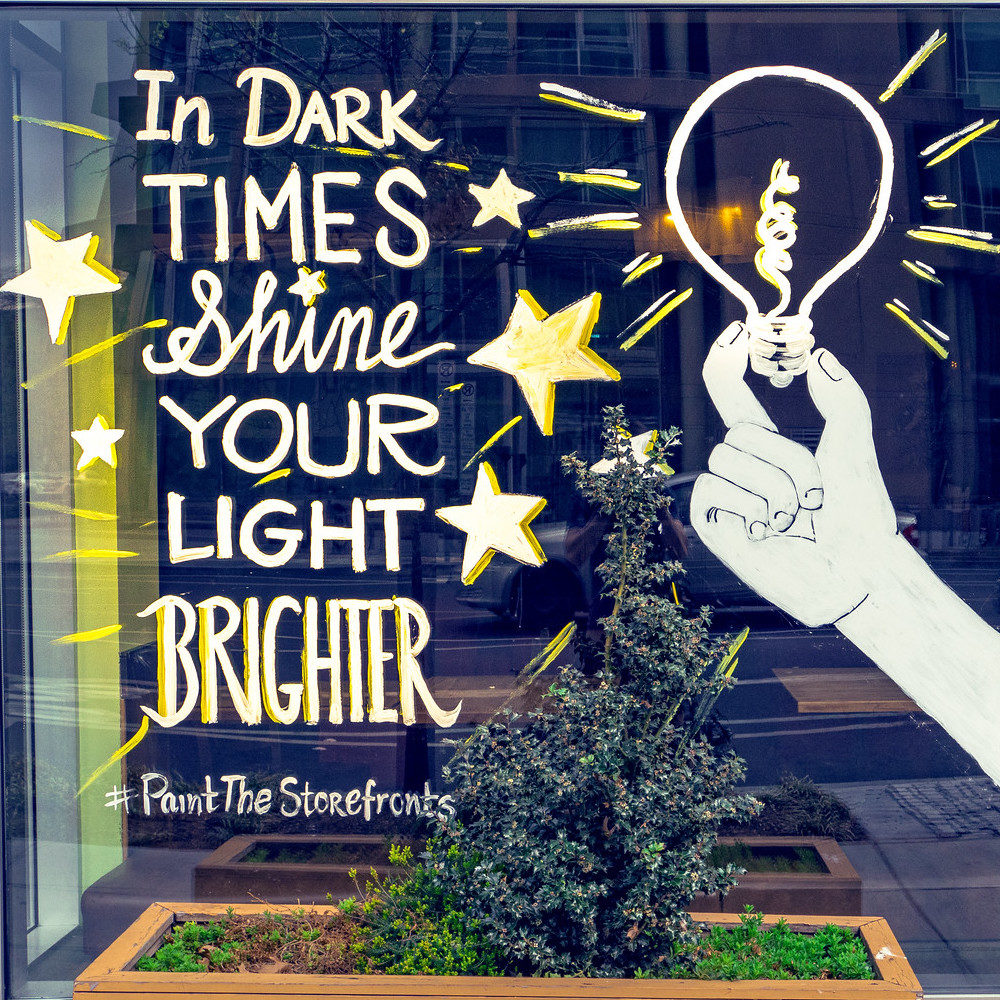
Most stakeholders in biomedical innovation – scientists, clinicians, patients, caregivers, funders, regulators – recognize each other as allies in the fight against disease. But they often lack shared principles and practices to guide the work they do together.
For example, a research organization may say they value patient input, but they do not recognize their own biases or the need to include experts with lived experience in hypothesis generation or study design. Patient advocacy groups may have unacknowledged conflicts of interest or, if they are invited to contribute to research, they may not know to ask for accommodations or compensation for their members.
Thanks to the Patient-Led Research Collaborative and the Council of Medical Specialty Societies, we now have a resource to evaluate research partnerships between patients and professionals: a set of scorecards that focus on five areas:
– Patient/Partner Governance
– Integration into Research Process
– Patient Burden
– Research Organization Readiness
– Patient Group Readiness
The scorecards project was funded by a grant from the Patient-Centered Outcomes Research Institute (PCORI) and led by these two very different coalitions, one representing over 800,000 clinicians in 50 medical specialty societies and the other representing a grassroots effort to track and measure post-viral illness. They were guided by an advisory committee that included patient advocates, clinical researchers, and, well, me. I was the matchmaker who, in the summer of 2020, introduced the Council to the Collaborative.
It is a story that illustrates how, when a crisis hits, you need to think creatively and do the work that needs to be done.
In the spring of 2020, I started tracking the tools people were using to collect individual experiences with COVID-19. Nobody asked me and nobody was paying me, but I couldn’t resist following the thread in the pandemic maze. Some academic or institutional tracking efforts may have been recognizable as a clinical patient registry, but many others would not. I posted my observations on the platform formerly known as Twitter along with questions like, “Are organizations asking people who have (or recovered from) COVID-19 for input? Is anyone coordinating the questions being asked? Is anyone coordinating the potential pooling of data?”
I saw the Council of Medical Specialty Societies was hosting a webinar series focused on patient registries and COVID-19 so I reached out to their CEO, Helen Burstin, to ask if they would consider adding a patient perspective. She said yes, if you organize it. (We are friends so she knew I’d love this assignment).
Gina Assaf and Hannah Davis of the Patient-Led Research Collaborative, Emily Sirotich, PhD of the COVID-19 Global Rheumatology Alliance, and Gary Wolf of Quantified Self agreed to join me in discussing “Prioritizing Patient Engagement and Inclusion of Patient-Generated Covid-19 Data” to an online audience of clinicians, researchers, policymakers, and patient advocates.
Helen and her team were so impressed with the Patient-Led Research Collaborative that they asked them to co-write a PCORI grant application to capture their lessons learned. The goal was to educate the broader field about how the Collaborative conducts research that respectfully includes people with lived experience at every stage and yields extraordinary results. The resulting scorecards set a new bar for clinicians, funders, and anyone who wants to contribute to a scientific paradigm shift toward patient-LED research (not just patient-centered).
In the lexicon of my book, Rebel Health, the Patient-Led Research Collaborative are Solvers and Networkers, creating and sharing novel solutions to vexing questions. They assigned themselves this unfunded, volunteer work and dove in with gusto because their community needed to be heard. The Council and PCORI played the role of Champions, sharing expertise and funding to lift up and expand the Collaborative’s work. Personally, I am proud I could contribute in a small way to progress. I got paid back a hundred-fold in inspiration.
Image: In Dark Times Shine Your Light Brighter by Ted Eytan on Flickr
Leave a Reply